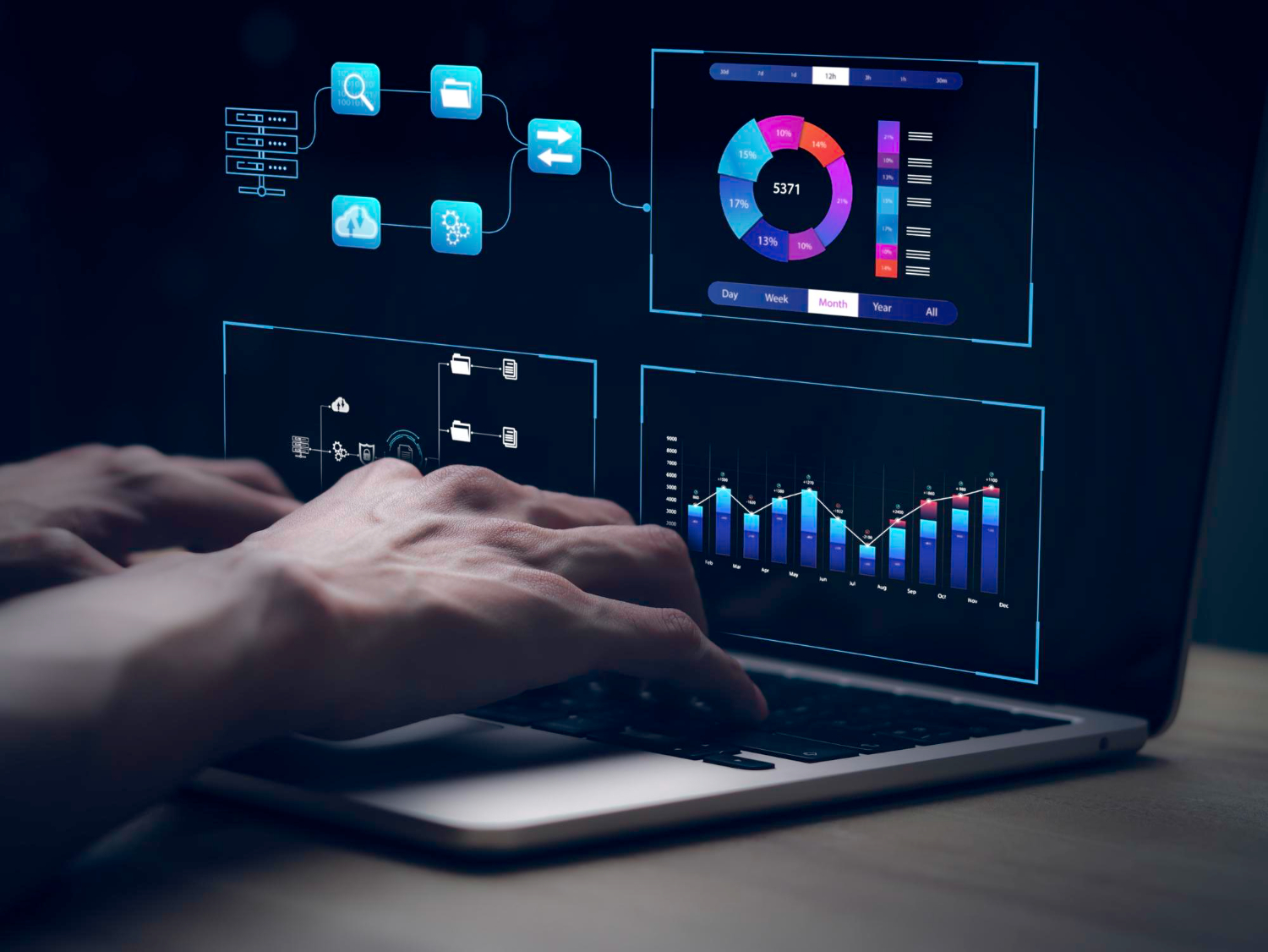Trending Blog
Revolutionizing Education: The Impact of Technological Innovations
In recent years, the education sector has undergone a significant transformation due to technological advancements. From artificial intelligence to gamified learning, wearable technology, data management and analytics, and online data and cybersecurity, these innovations are reshaping the way knowledge is delivered and received. This blog explores the profound impact of these technological trends on the educational landscape and envisions an educational environment that is not only cutting-edge in terms of technology but also incredibly meaningful and enriching.

Artificial Intelligence (AI)

The gradual shift towards remote learning has propelled the adoption of artificial intelligence and machine learning-based solutions in the educational industry. Traditional manual tasks such as activity monitoring and attendance tracking have been replaced by AI, allowing educators to focus more on working with students. Additionally, the integration of chatbots in colleges and universities has facilitated round-the-clock communications, providing students with instant answers and support.
Gamified Learning

Gamification, the integration of game mechanics with conventional learning approaches, has revolutionized the classroom experience. By incorporating fun and interaction into the curriculum, serious games using AR, VR, and smartphones have increased students’ motivation and competitiveness. Furthermore, social games have facilitated collaboration and the development of social skills among students and teachers.
Wearable Technology

The adoption of wearable technology, such as smartwatches and VR headsets, has had a profound impact on the learning environment. Students can now benefit from real-time personalized assistance, track their progress, and access educational resources conveniently. This technology not only enhances the learning experience for students but also provides additional convenience for teachers and parents.
Data Management and Analytics:

The integration of technology into the educational system has made data management increasingly vital and convenient. Instructors now have comprehensive data on students’ performance, enabling them to provide more in-depth coaching and concentrate on course modules. Analytics has become a crucial component of online learning, allowing educators to monitor students’ involvement and academic success effectively.
Conclusion:
The transformative impact of technological advancements on the education sector is nothing short of revolutionary. These innovations are not only capturing students’ attention but also changing the very essence of teaching. As we embrace these developments, it is crucial to maintain the fundamental human elements of education. By striking a balance between technological innovation and meaningful, enriching education, we can create an educational environment that prepares students for the challenges of the future while nurturing their holistic development.









